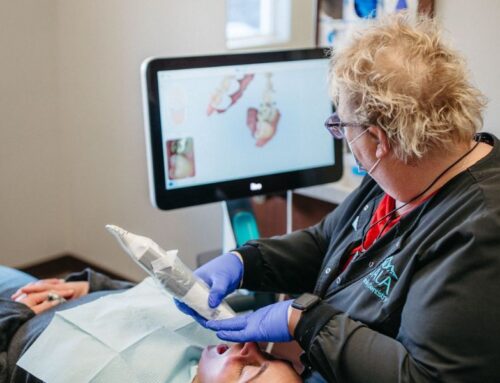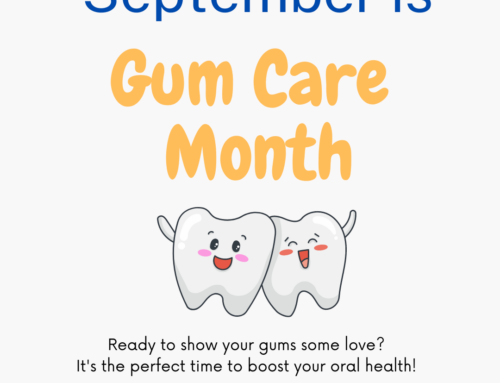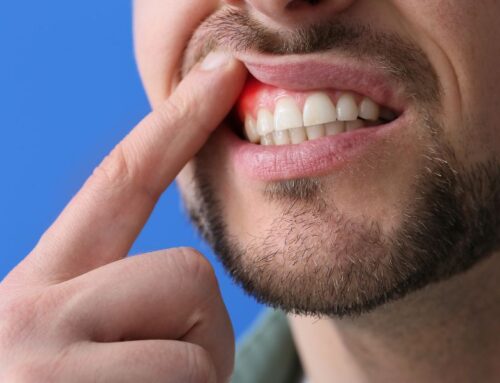
During pregnancy women experience hormonal changes that can produce some unwanted oral side effects such as gingivitis and demineralization of the teeth. Gingivitis can leave your gums feeling more sensitive than usual and you may experience bleeding and inflammation. While the hormonal changes don’t directly cause demineralization of the teeth, morning sickness or for some, all-day sickness, can leave your teeth vulnerable to demineralization loss of minerals. Often times this is combated with small frequent meals to help keep nausea at bay. These changes in the diet increase the frequency that our mouths are having to combat acidity from our foods indigestion or nausea and leave us more vulnerable to decay.
Some tips we’ve been able to pass on to our patients during times of morning sickness are if you’re getting sick don’t run for your toothbrush and toothpaste. The acidity softens the outer surface of your teeth. Instead, rinse your mouth with water and wait 20 minutes before brushing. Changing the order of how you’ve clean your teeth can increase the effectiveness of what you’re doing. Flossing first removes the bacteria from between the teeth. Use a mouthwash to help clear debris and help to treat the bacteria that can cause decay and gum disease. Lastly, brushing with your toothpaste and spitting out your toothpaste but not rinsing will allow the toothpaste to help remineralize vulnerable areas. Gently massage the gum line to keep it free of plaque and bacteria that can contribute to gingivitis and decay.
Increasing the frequency of your professional cleaning to 3 times a year while pregnant will help to prevent gingivitis as well. It will also allow you time with your provider so they can make specific recommendations for your specific needs. So, don’t put off your dental care, preschedule your appointments so you are prepared. We love seeing our growing families!
Contact
Phone | (775) 376-7914
Email | info@salafamilydentistry.com
Hours
| Mon - Fri | 7:00am – 5:00pm |
| Saturday | 7:00am - 3:00pm |
| Sunday | Closed |
Location





